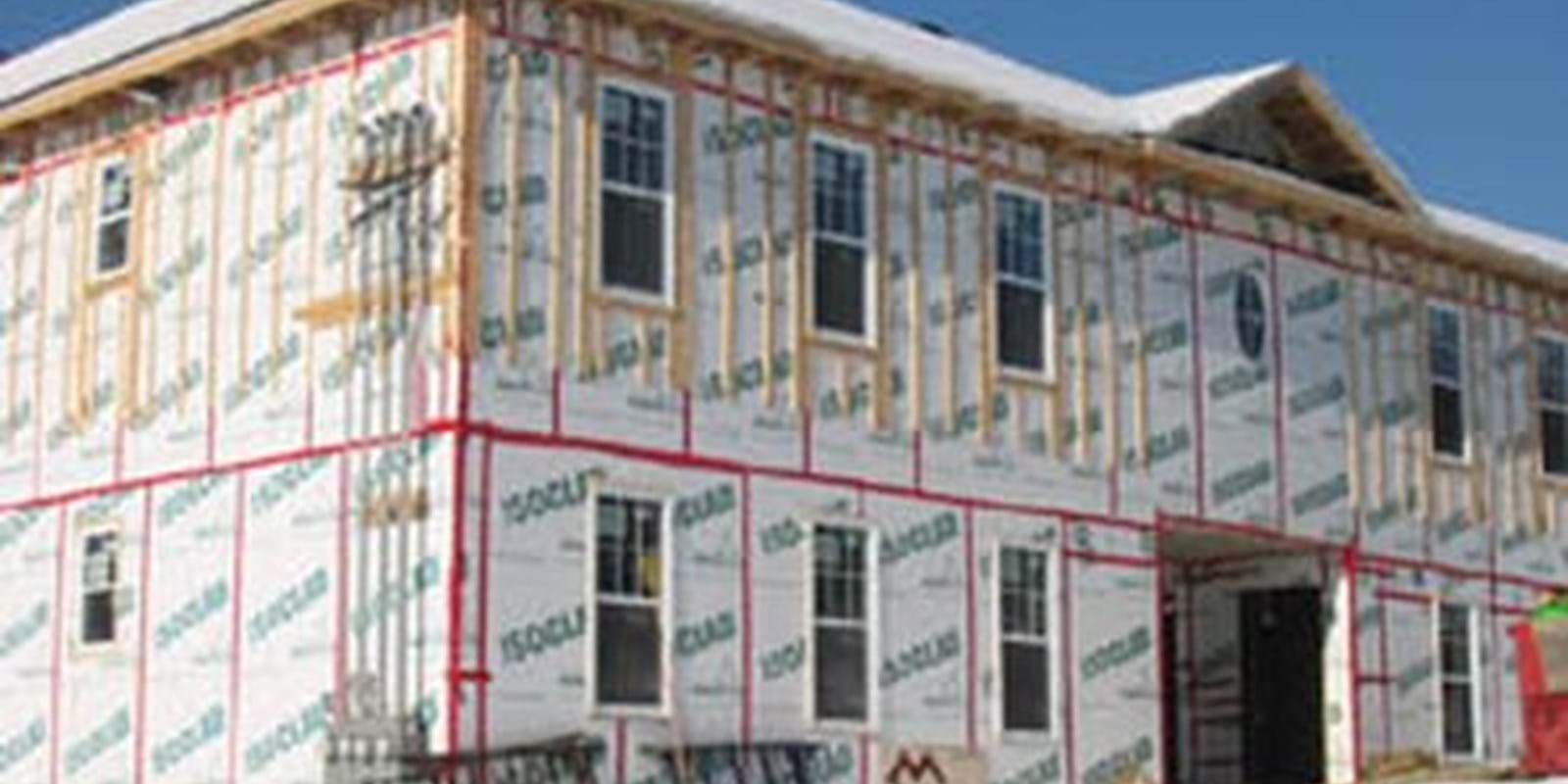Alberta's housing conditions have softened since prices peaked back in 2007 with declining prices restoring some of the affordability lost during the boom, according to the latest housing report released today by RBC Economics.
"Nonetheless, as stiff headwinds blow on the provincial economy and erode consumer confidence, homebuyers will be reluctant to step into play until affordability improves more significantly," said Robert Hogue, senior economist, RBC. "The province's housing affordability conditions still have a fair way to go before returning to long-term averages."
The RBC Affordability measure for Alberta, which captures the proportion of pre-tax household income needed to service the costs of owning a home, improved across all home segments with the benchmark detached bungalow dropping to 43 per cent, the standard townhouse to 32.1 per cent, the standard condo to 28.2 per cent, and the standard two-storey home to 46.4 per cent.
The report noted that peak prices led to a rush of new sellers and a move to the sidelines by would-be buyers, loosening Alberta's market conditions considerably since the summer of 2007. Sales-to-new listings ratios are lower, demonstrating a better balance between buyers and sellers. In the third quarter, further price declines in most housing segments contributed to affordability conditions improving between
0.8 and 2.2 percentage points. However, affordability measures still remain high, suggesting that the province's housing markets remain overvalued, at least relative to household income.
For Calgary and Edmonton, housing markets have retreated significantly since the start of year. In the first 10 months of 2008, sales of existing homes have plummeted 26 per cent in Calgary and 14 per cent in Edmonton. Compared to the third quarter last year, the market value of all four housing types RBC tracks has dropped between six and 11 per cent in Calgary and nine and 17 per cent in Edmonton. Sellers are no longer in the driver's seat.
"As concerns mount about the economy, spurred by the sharp drop in energy prices that sent shivers down homeowners' spines, the housing markets in both Calgary and Edmonton are expected to retreat even further in 2009," noted Hogue.
RBC's Affordability measure for a detached bungalow for Canada's largest cities is as follows: Vancouver 74.8 per cent, Toronto 53.3 per cent, Calgary 47.3 per cent, Ottawa 43.3 per cent and Montreal 40.4 per cent.
The report also looked at mortgage carrying costs relative to incomes for a broader sampling of cities across the country. For these smaller cities, RBC has used a narrower measure of housing affordability that only takes mortgage payments relative to income into account.
The Housing Affordability measure, which RBC has compiled since 1985, is based on the costs of owning a detached bungalow, a reasonable property benchmark for the housing market. Alternative housing types are also presented including a standard two-storey home, a standard townhouse and a standard condo. The higher the reading, the more costly it is to afford a home. For example, an Affordability reading of 50 per cent means that homeownership costs, including mortgage payments, utilities and property taxes, take up 50 per cent of a typical household's monthly pre-tax income.
Highlights from across Canada:
- British Columbia: In the last two quarters, affordability conditions
have started to improve. The province's housing markets are entering
a correction phase that will see prices decline, reversing recent
gains.
- Saskatchewan: After reaching its lowest level of affordability ever,
the province's housing sector is feeling the downside effects of a
frenzied market. Skyrocketing prices significantly overstepped
household incomes, which is anticipated to push the housing sector
into a correction phase in 2009.
- Manitoba: Well-positioned to weather the storm, the province's
housing market is nonetheless expected to cool in 2009 amid mounting
economic uncertainty.
- Ontario: Housing markets softened in the third quarter as several
regions across the province reported notable price declines and
weakening re-sale activity - evidence that the sector can no longer
resist the downdraft of a souring provincial economy.
- Quebec: Affordability conditions improved in the third quarter but
economic storm clouds are darkening the housing market outlook.
Relatively strong fundamentals should help limit damages during the
downturn.
- Atlantic region: Rapid price increases over the past two years have
eroded affordability conditions in the region. St. John's, Saint John
and Halifax are currently among Canada's housing hotspots.
The full RBC Housing Affordability report is available online, as of
8 a.m. E.S.T. today at www.rbc.com/economics/market/pdf/house.pdf.

